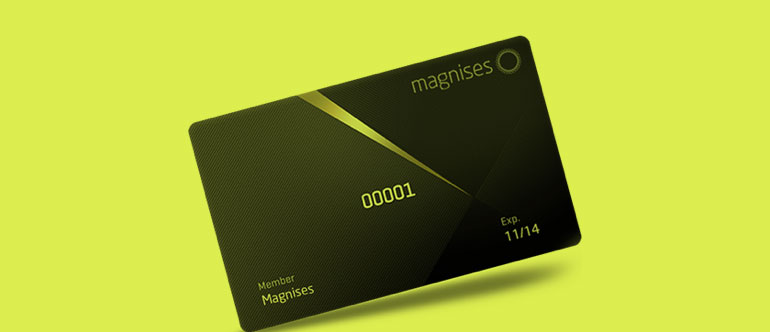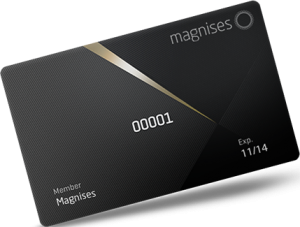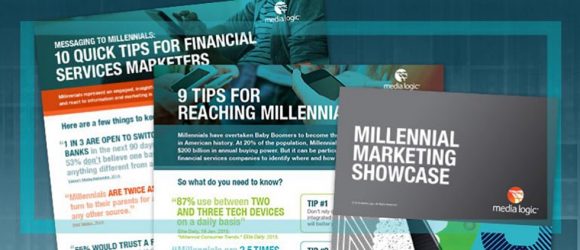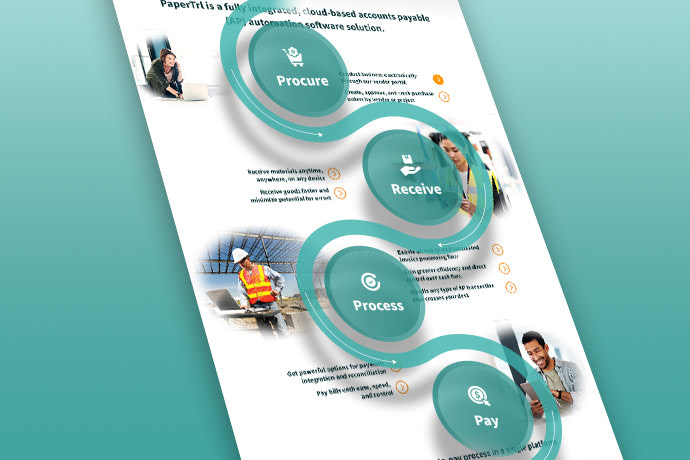Millennials Disrupt the Black Card Market

 Not content to sit on the sidelines and wait for the status that would qualify them for an American Express Black Card, Millennials (at least those in New York City) now have a way to make that status, and some perks that go with it, come to them. Enter Magnises, a new kind of black card that launched earlier this year and has been getting a lot of buzz (like this from The New York Times and this from the New York Post… and even this from Billboard) recently.
Not content to sit on the sidelines and wait for the status that would qualify them for an American Express Black Card, Millennials (at least those in New York City) now have a way to make that status, and some perks that go with it, come to them. Enter Magnises, a new kind of black card that launched earlier this year and has been getting a lot of buzz (like this from The New York Times and this from the New York Post… and even this from Billboard) recently.
For the uninitiated (i.e. any non-New Yorker over 35), Magnises is essentially a combination of a membership card and a credit card with a $250 annual fee. The card gives members access to a unique set of perks and benefits, but in reality, it’s not a credit card at all. The metallic black card does have a magnetic strip, but members link the card to an existing credit card issued by any bank. Got that? They are carrying and using the Magnises card, but the charges are going onto the account that they have with another issuer. So why pay a $250 fee just to carry a metallic black card and pass through your charges to another account? Easy: Perks. Access. Exclusivity.
The perks
Magnises gives members access to a host of perks, all of them highly relevant to young New Yorkers. They can get reservations and high-end treatment at some of the top restaurants in the city, shop at top luxury boutiques where they can attend special unveilings, get automatic upgrades and premium service at top hotels and enjoy car service to get around town. It’s fairly standard for high-end cards to have perks in these categories, but those cards are not generally available to a younger audience that spends less and has less-established credit.
The access
The card gives members access to the city’s top fitness centers, private events and select bars and clubs. But one of its most unique benefits is access to the Magnises Townhouse in Greenwich Village where members can just hang out for a drink or networking. The Townhouse also hosts exclusive events like dinners, weekly happy hours, a business speaker series that’s featured heavy weights like Bill Gray (former CEO of Ogilvy & Mather, and an investor in the company) and exclusive performances by the likes of the Sugar Hill Gang and Wale. The Townhouse isn’t headquarters; it’s more like a clubhouse, which makes sense because Magnises is kind of like a club.
The exclusivity
Scarcity breeds desire, and Magnises is highly desired. There are currently only about 2,000 members of Magnises, and if you want to join, you have to fill out an application that includes questions about what you like to do for fun, where you like to eat and where you shop. Exclusivity for this card is not about your assets or how much you spend – it’s about who you are and what you value. The site proclaims, “Our members are the thrill-seekers, the hard-workers and the go-getters” and “Magnises is the bond that brings us all together.” That’s the type of exclusivity you normally see in a social club, not a payment product. Any maybe that’s the point.
Twenty-two-year-old Magnises founder (that’s not a typo) Billy McFarland told Fox Business News that the card offers more than just points for purchases. “We’ve made the card more community based, because we’re about connecting all these interesting 21 to 35 year olds and offering them all these perks and experiences in their city.” So essentially what he’s done is built a social network that promises exclusive perks and brought in merchant partners (hotels, restaurants, boutiques) to provide those perks. In exchange, Magnises delivers spend from a highly desirable target audience. And all of this is achieved without any involvement of any major players from the financial services industry.
Almost everyone in banking and payments has been watching Millennials with a close and nervous eye (Media Logic included) for a few years and considering how they might “disrupt” the industry. Recently, Business Insider published a study showing how they are causing a huge shift in retail banking. Earlier this year, Viacom’s in-house consulting group Scratch released the Millennial Disruption Index, the culmination of a 3-year research project which looked at this generation’s potential impact in 15 categories and concluded that banks were at the higher risk (by far) for disruption. Or, as Fast Company put it “Sorry, banks, millennials hate you.”
The vast majority of Millennials are not going to qualify for an American Express Black Card or have access to its unique privileges for many, many years, but they still covet its perks and the status it represents. And in this case, they are ditching traditional reward programs and flocking to pay a steep premium for access to something unique, exclusive and highly tailored to them.
What Magnises can teach the payment industry is that if you don’t develop innovative products that meet the needs and desires of Millennials, they’ll build those products themselves… without you.








